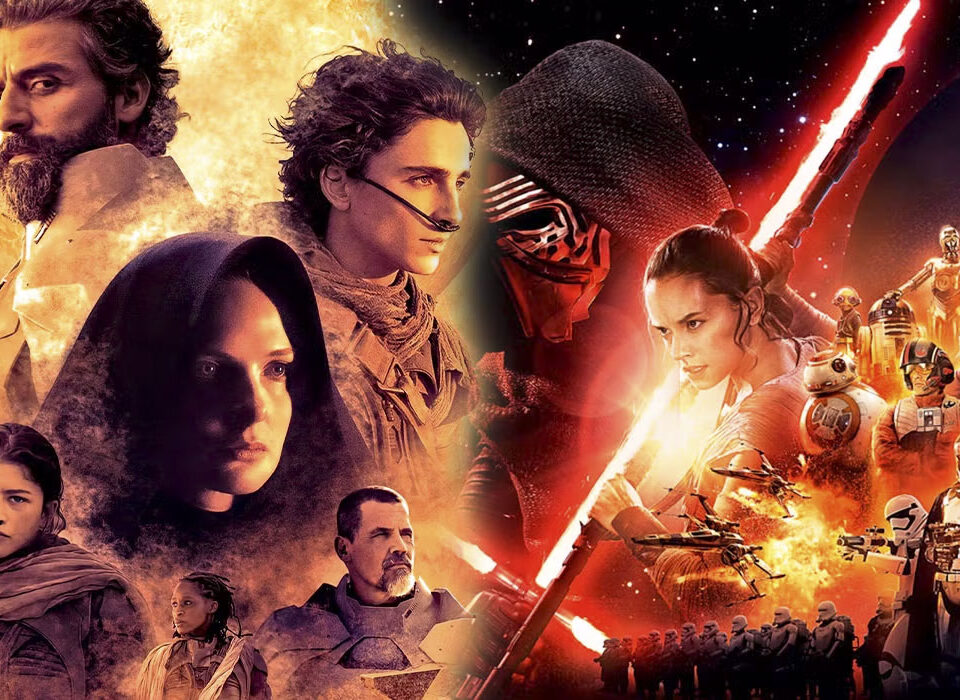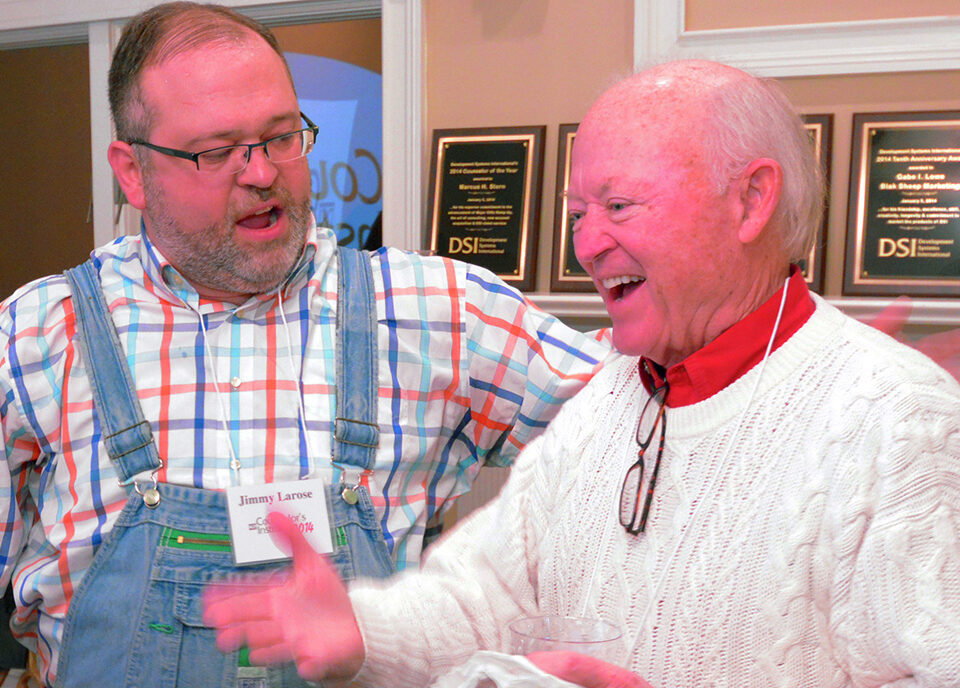Gasby Brown, CEO & Executive Consultant of The Gasby Group who heard about the title of this blog post wrote, “Regarding his use of the term ‘crack cocaine,’ the ‘Kardashian Style’ direction Mr. LaRose has taken is not the answer.
Rather than opening the discussion to philanthropic consultants and sincerely promoting stronger service to good causes, Mr. LaRose has chosen to insult the integrity of consulting with a superficial pop culture, self-promoting broad brush. It is unfortunate…bottom line…ethics matter.
Gasby infers that I’m violating professional standards by using incendiary rhetoric for the sake of effect. What she may not realize is that THE CHARITABLE SECTOR HAS AN ORGANIZED “DRUG DEALER” AND “DRUG USER” PROBLEM, rooted in a well-known secret agreement between nonprofits and consultants.
It goes something like this…
We (nonprofits) will pay you (consultants) large sums of cash to perform unhealthy acts of triangulation with our donors, because we’re not willing to do the important work of serving our supporters above client, issue, or cause.
Tragically, it is the very definition of addiction, for, like the “war on drugs,” and after decades of discussions about the “valuelessness” of feasibility studies, charities continue to give consultants thousands of dollars to perform them. The futility of this war metaphor is further confirmed by the late Arthur C. Frantzreb, who wrote:
“Perhaps 90 percent of such studies are conducted by consultants long before the organization is ready, which creates an attitude of expectancy that can be crucially counterproductive.”
Art wrote an essay twenty years ago, revealing the damage consultants visit on nonprofits using feasibility studies. Despite his warnings, and like the “war on drugs,” nothing has changed, as charities continue to spend your cash on a method that has proven itself ineffective.
Here’s another comment from a feasibility study consultant (If you’ll read closely, you’ll see further confirmation of this conspiracy to triangulate.):
The nonprofits we work with don’t have the staff capacity to interview their donors before a campaign, nor the will to make it a priority. In fact, we’re cultivating their donors for them. We could train their senior staff to conduct interviews, but most are not willing to invest the time and energy. Feasibility studies will continue to be necessary as long as nonprofits are unwilling to spend time with donors one-on-one.
What are your thoughts on “feasibility studies?”


